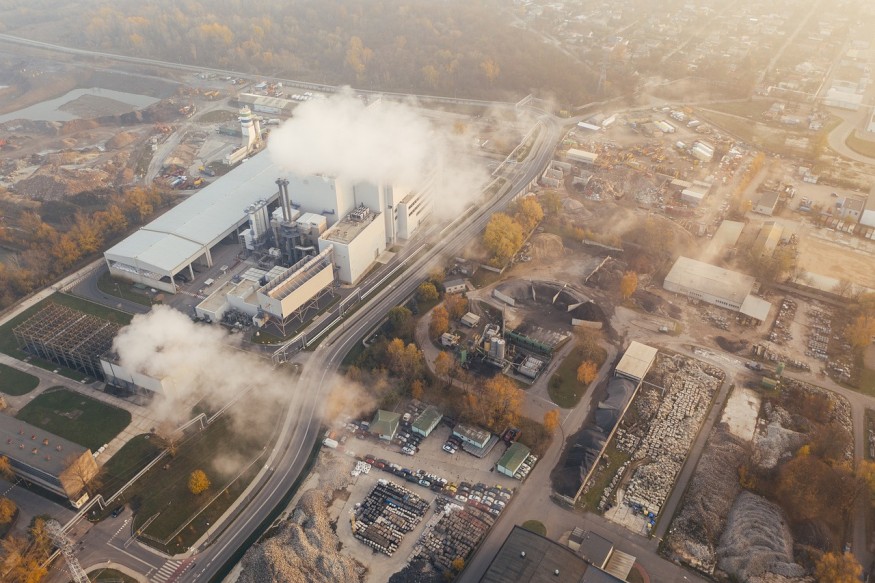
Exposure to air and noise pollution early in life may be linked to several common mental health problems in adolescence and early adulthood, as indicated by a longitudinal birth cohort study conducted in England.
The study conducted by Joanne Newbury, Ph.D., from Bristol Medical School in England, and colleagues, which analyzed data from more than 9,000 participants, revealed that higher exposure to fine particulate matter (PM2.5) during pregnancy was associated with increased odds of psychotic experiences and depression. Similarly, exposure to PM2.5 during childhood was linked to higher rates of psychotic experiences.
In a similar vein, the authors reported in JAMA Network Open that exposure to fine particulate matter during childhood correlated with increased occurrences of psychotic experiences. However, this association seemed to diminish after adjusting for exposure during pregnancy.
The authors emphasized the potential detrimental effects of early-life pollution exposure on mental health, citing the critical periods of brain development and epigenetic processes occurring during pregnancy and infancy.
"Early-life exposure could be detrimental to mental health given the extensive brain development and epigenetic processes that occur in utero and during infancy," the authors wrote, adding that "the results of this cohort study provide novel evidence that early-life exposure to particulate matter is prospectively associated with the development of psychotic experiences and depression in youth."
While air pollution primarily correlated with psychotic experiences and depression, noise pollution was more closely associated with anxiety in adolescence and early adulthood. Elevated levels of noise pollution during childhood and adolescence were linked to increased odds of anxiety.
Martin Clift, PhD, of Swansea University who was not involved in the research, underscored the study's significance in raising awareness about the health consequences of pollution exposure. He emphasized the need for further research to understand the distinct impacts of various pollutants on mental health across different stages of human development.
"As noted by the authors, this is an area that has received a lot of recent attention, yet there remains a large void of knowledge," Clift said, per Med Page Today. "[The paper] highlights that some of the most dominant air pollutants ... can impact different mental health diagnoses, but that time-of-life is particularly important as to how each individual air pollutant may impact this diagnosis."
The study's limitations include potential residual confounding factors and population selection bias, given that participants were from a more affluent and less diverse U.K. population. Despite these limitations, the findings exposed the urgent need for additional longitudinal research using precise measures of air and noise pollution to better understand the pathways leading to adverse mental health outcomes associated with high pollutant exposure.
The Avon Longitudinal Study of Parents and Children U.K. birth cohort provided the data for this study, encompassing 9,065 participants with a mean age of 24.5 years at follow-up. Psychotic experiences, depression, and anxiety were assessed at ages 13, 18, and 24 years using standardized measures. Air and noise pollution levels were estimated through established models, with adjustments made for various individual, family, and neighborhood-level factors.
